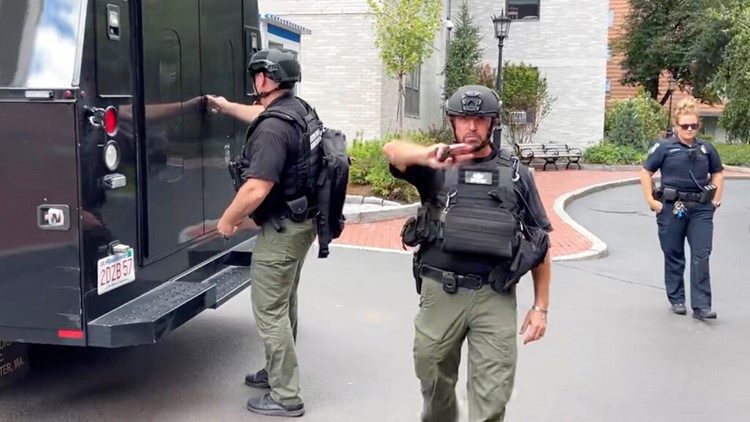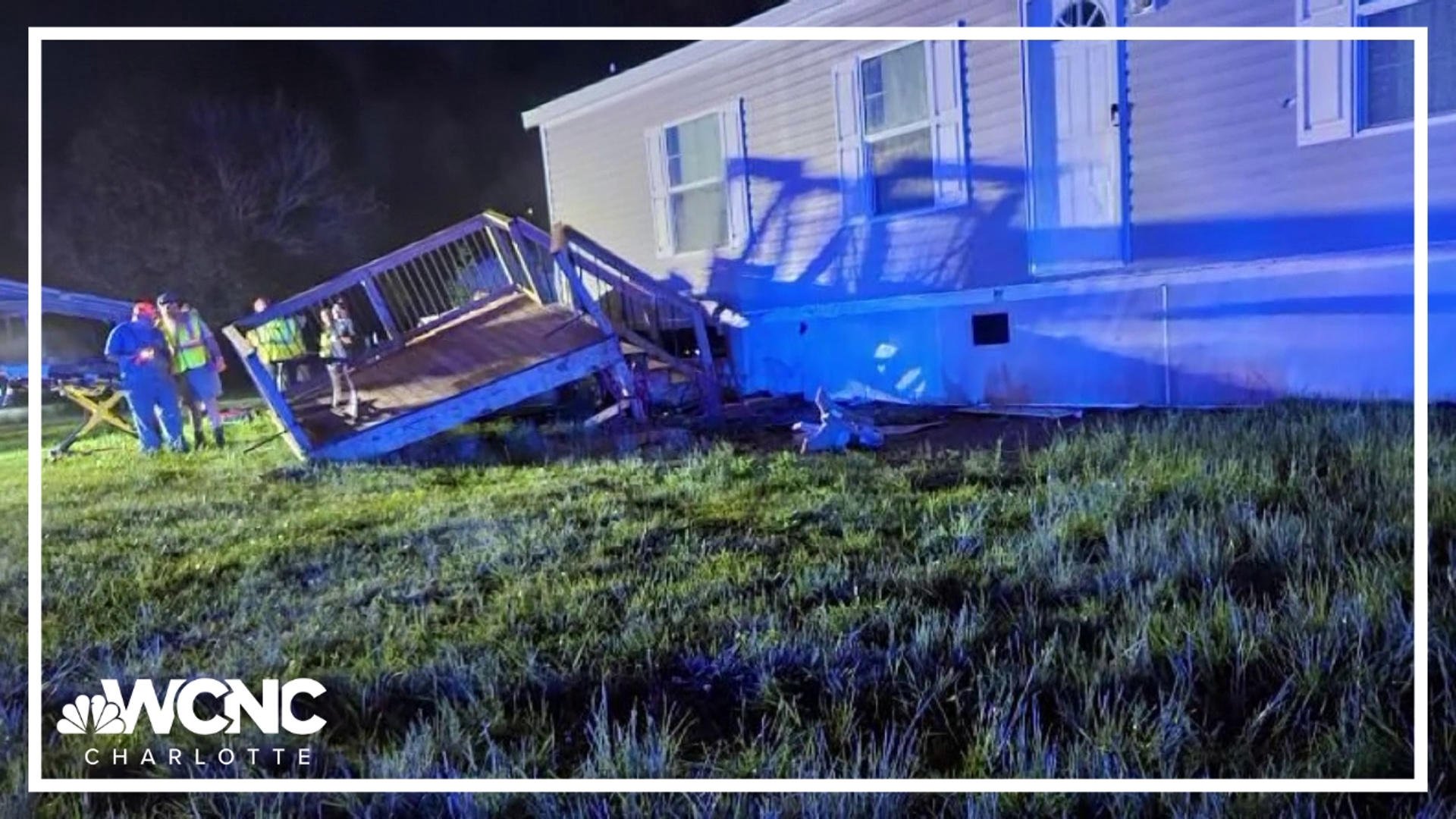CHARLOTTE, N.C. — More than half of all bomb threats against the United States were reported against schools, according to data from the Alcohol, Tobacco, Firearms, and Explosives (ATF).
Two Charlotte-Mecklenburg Schools were put on lockdown after bomb threats were reported Wednesday morning. Cox Mill High School was evacuated again Wednesday following another bomb threat.
The threats are the latest in a series of threats this week, including threats Tuesday against multiple schools in Cabarrus County.
Falsely calling in a bomb threat can tie up law enforcement resources and cause taxpayers thousands of dollars in any given day. The penalty for calling in a bomb threat ranges from state to state, but if you’re caught, you can expect to be charged with a felony.
"We will prosecute to the full extent of the law," Dr. John Kopicki, superintendent of Cabarrus County Schools said Tuesday following continued threats against his schools. "We're going to take every threat seriously."
"There is a nationwide pattern of threats that appear to be swatting threats targeting schools across the country," Kenneth Trump, a national school safety expert said.
Swatting is the act of making a hoax call to law enforcement to cause a large police or SWAT team response.
"We typically see swatting threats present as shooting or bomb threats," Trump said. "They are computer generated, oftentimes robo voice type calls or emails or other digital platforms."
Local law enforcement investigating bomb threats in Cabarrus County, Mooresville, and Charlotte have not confirmed any theories about who may be making the recent threats but several FBI branches around the United States have confirmed they are aware of swatting calls to schools nationwide.
Schools in and around Charlotte, as well as in the states of Florida, Colorado, Texas, Missouri, and more, have all been targets in the last few weeks.
“Those who make threats often do so for the thrill, the excitement, the power, the rush of being able to control a massive response, “Trump said.
The number of bomb threats targeted at schools has increased more than two-fold from 2019-2021.
Out of locations reviewed by the ATF, nearly half of all bomb threats in the United States are reported against schools.
In many cases, some threats are coming from students or other young people.
“We were able to identify through an investigative process an individual. And we're confident that we've resolved that, and we'll be moving forward with charges and prosecution,” Van Shaw, Cabarrus County Sheriff said Tuesday at a press briefing.
People do get charged with these crimes, even if an actual bomb doesn’t go off.
A Charlotte man was sentenced to a year in jail for a bomb threat at the Michigan Capitol. A Massachusetts woman was arrested and charged with a federal crime for making bomb threats at a children’s hospital.
"Once you press send, you can't put the threat back into the smartphone," Trump said.
In 2021, there were 9 bombing incidents in North Carolina and 7 explosions in South Carolina, according to data reviewed by the ATF.
Contact Shamarria Morrison at smorrison@wcnc.com and follow her on Facebook, Twitter and Instagram.



